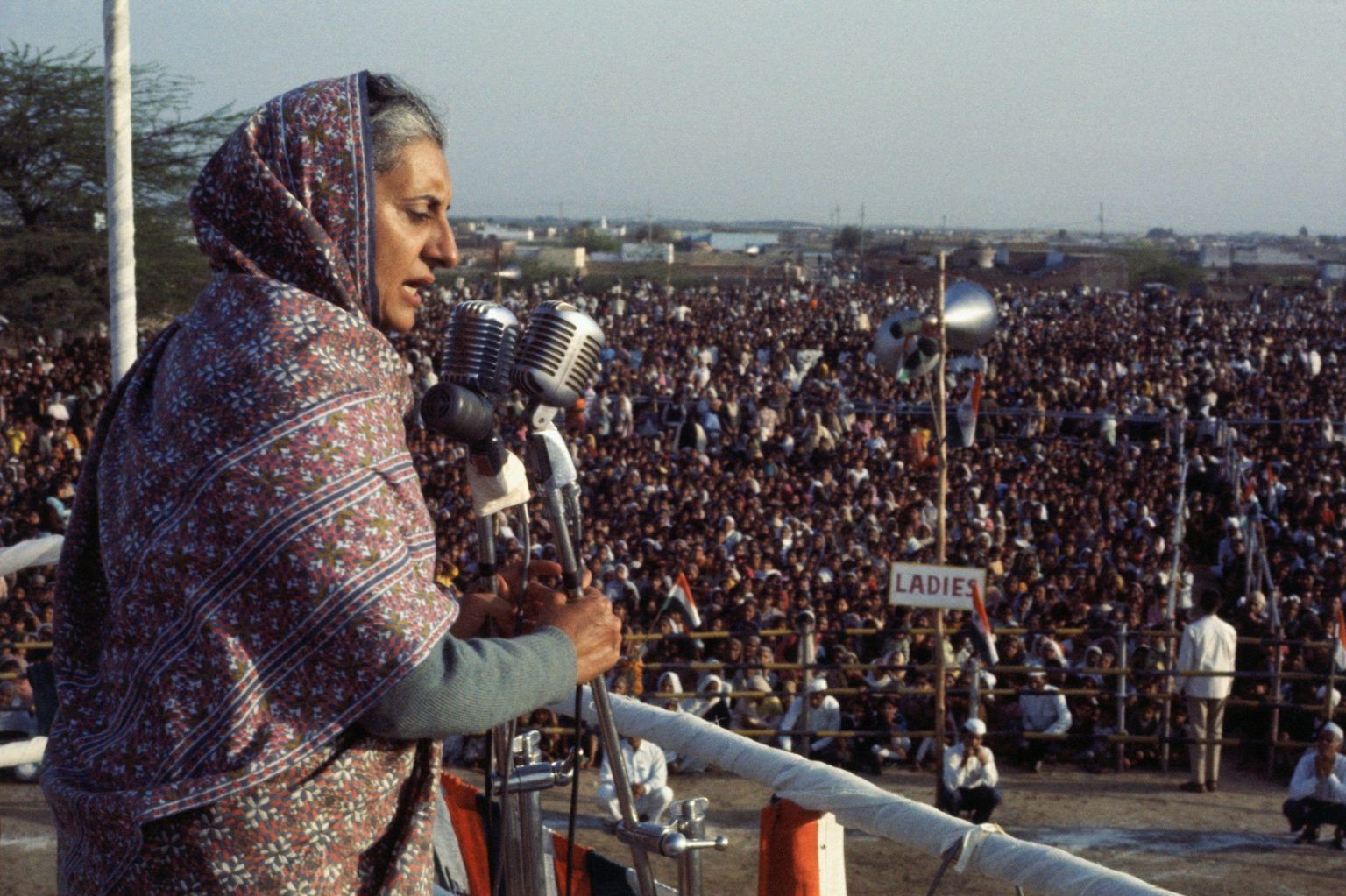Indira Gandhi, the daughter of India’s first prime minister Jawaharlal Nehru, served as the country’s first and only female prime minister from 1917 until her assassination in 1984. Despite being admired for her leadership, she was also criticized for her authoritarian approach. Gandhi played a significant role in Indian politics for 17 years, working closely with her father and serving as president of the Indian National Congress in 1959. Her leadership was marked by economic hardships, political challenges, and a strong focus on self-reliance and economic resilience. By the time of her death, India had made substantial progress under her governance, becoming a nation of grain surplus and strengthening its industrial base.
During her tenure, Gandhi achieved several notable milestones, including victory in the 1971 War with Pakistan, the formation of Bangladesh, and establishing India as a potential nuclear power. Her leadership greatly boosted India’s self-esteem and solidified its position on the global stage. However, her time as prime minister was also marked by increasing tensions with Sikh separatists, which culminated in Operation Blue Star. This military operation in June 1984 aimed to remove Sikh militants from the Golden Temple in Amritsar and resulted in significant civilian casualties, leading to widespread condemnation from Sikhs globally.
The fallout from Operation Blue Star severely damaged Gandhi’s relationship with the Sikh community and ultimately led to her assassination on Oct. 31, 1984, by her own bodyguards. Beant Singh and Satwant Singh, who were Sikh, carried out the assassination as a response to the perceived anti-Sikh sentiment resulting from the military operation. Despite warnings to wear a bulletproof vest on the day of her assassination, Gandhi chose not to, and she was shot multiple times as she headed to an interview. Following the attack, Beant was killed by Border Police, while Satwant was tried and executed in 1989.
Indira Gandhi’s assassination left a significant void in Indian politics, and her son, Sanjay Gandhi, succeeded her as prime minister. Despite being a divisive figure in Indian society, with some praising her as “Mother Indira” and others condemning her as authoritarian, she undeniably shaped India’s trajectory and left behind a legacy of achievements and unresolved tensions. Her leadership set the foundation for India’s future growth and development, with her tenure marked by both progress and challenges that continue to shape the country’s political landscape today.


